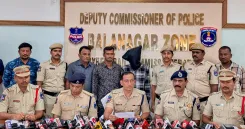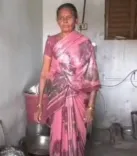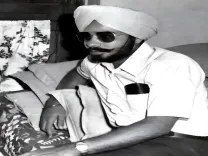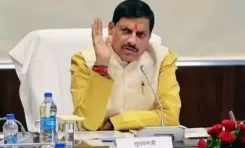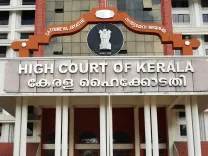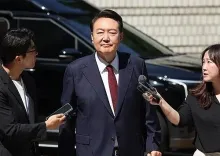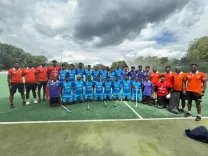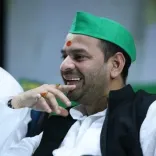How has the Pradhan Mantri Awas Yojana transformed housing for the urban poor in Odisha?
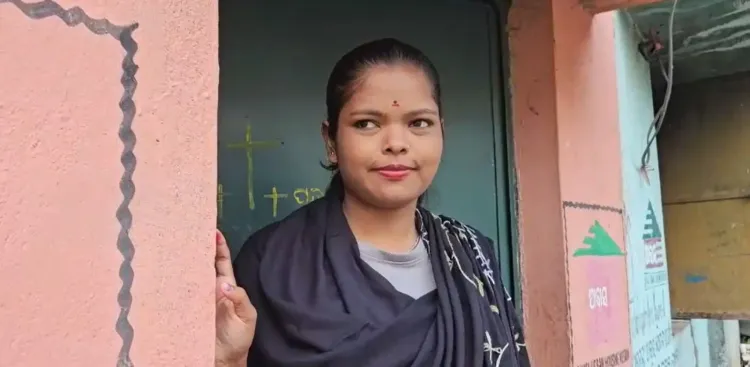
Synopsis
Key Takeaways
- PMAY has transformed housing for urban poor in Odisha.
- Over 1.9 lakh houses sanctioned under the scheme.
- Government assistance of up to Rs 2 lakh per unit.
- Homes equipped with essential amenities.
- Significant impact on the quality of life for families.
Angul, June 25 (NationPress) Once limited to fragile thatched huts and leaky asbestos roofs, countless urban poor families in Odisha now reside in the security of concrete homes -- a transformation made possible by the visionary leadership of Prime Minister Narendra Modi and the effective execution of the Pradhan Mantri Awas Yojana (Urban).
Initiated in 2015, this flagship housing initiative has become a symbol of hope for the disadvantaged in urban and semi-urban regions.
Originally targeted at rural housing, PMAY was broadened by the PM Modi administration to encompass the urban homeless. The reforms in 2015 represented a significant shift towards "Housing for All", focusing on economically weaker sections, especially slum dwellers and families living in subpar conditions.
In a conversation with IANS, municipal councillor Sarita Mishra underscored the scheme's grassroots influence.
“People who once resided under deteriorating asbestos sheets now proudly possess solid, secure homes. This initiative is not just a scheme -- it’s a revolution,” she stated.
For beneficiaries like Puja Pradhan, the transformation is profoundly personal.
“I never thought I would inhabit a concrete home. Today, I possess a roof that doesn't leak during the rains. It's a dream realized,” she expressed.
Another beneficiary, Sunita Bibi, discussed how the initiative changed her family's life.
“My children can now sleep soundly. Previously, we feared every monsoon. Now, we live with dignity,” she remarked.
Official statistics reveal that 1,90,384 houses were allocated for the urban poor throughout all 30 districts of Odisha under PMAY (U). Of these, 1,32,522 homes have been completed. The government offers up to Rs 2 lakh per unit in phased financial assistance. Beyond mere shelter, these homes are equipped with essential amenities such as sanitation, water supply, and electricity, significantly enhancing the quality of life.
“PMAY is not merely a housing initiative; it’s a mission aimed at restoring dignity and stability to every impoverished family,” stated Rudra Narayan Pani, MP from Dhenkanal, attributing the transformation of India’s urban housing landscape to Prime Minister Modi’s vision.
As the initiative reaches its tenth anniversary, its effects can be seen in the smiles that reflect security, stability, and empowerment.


